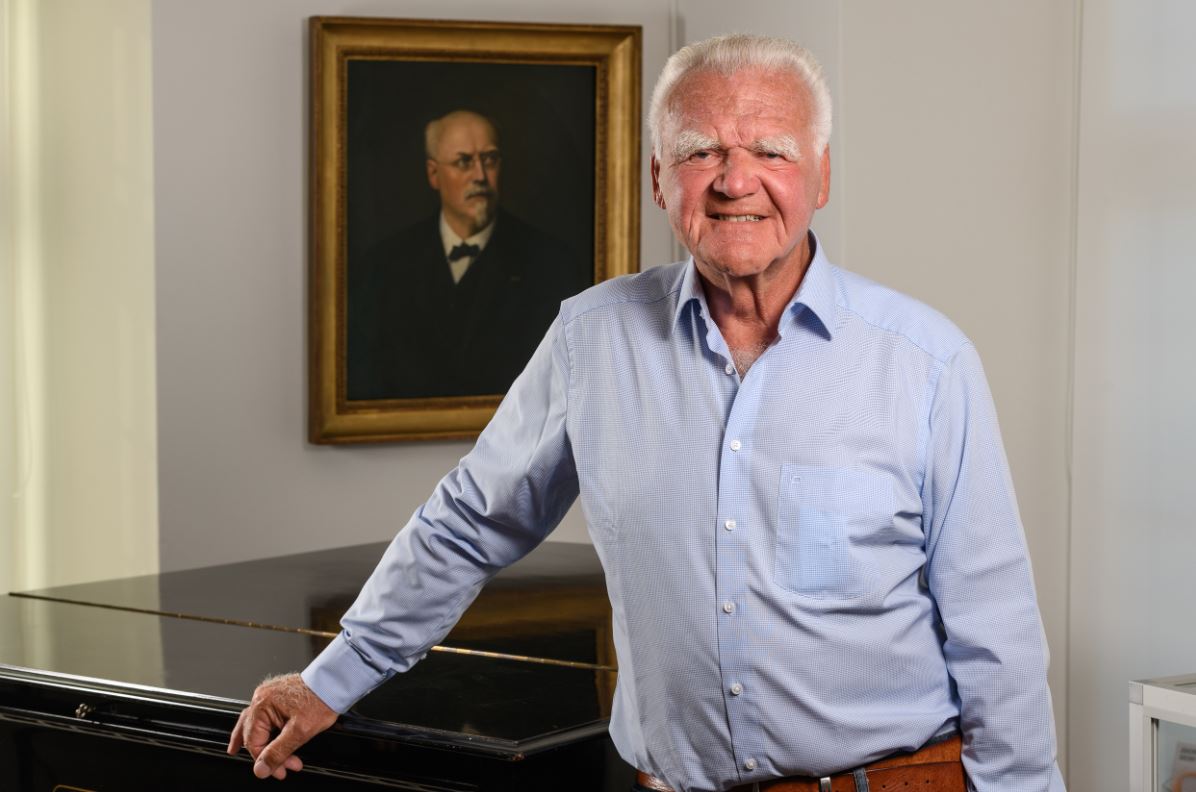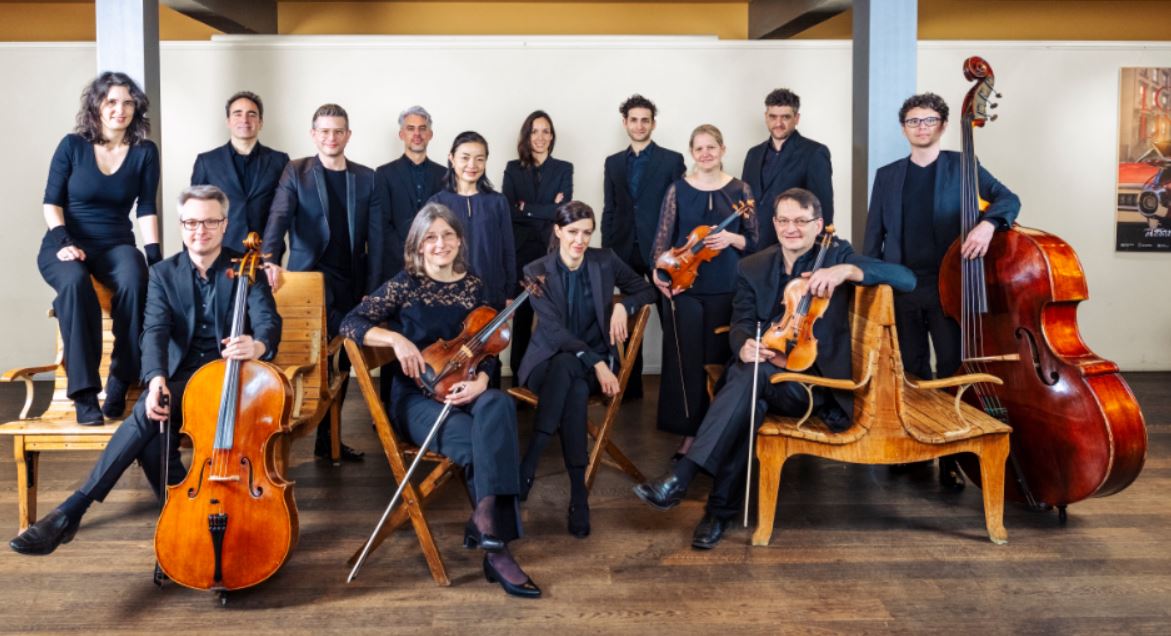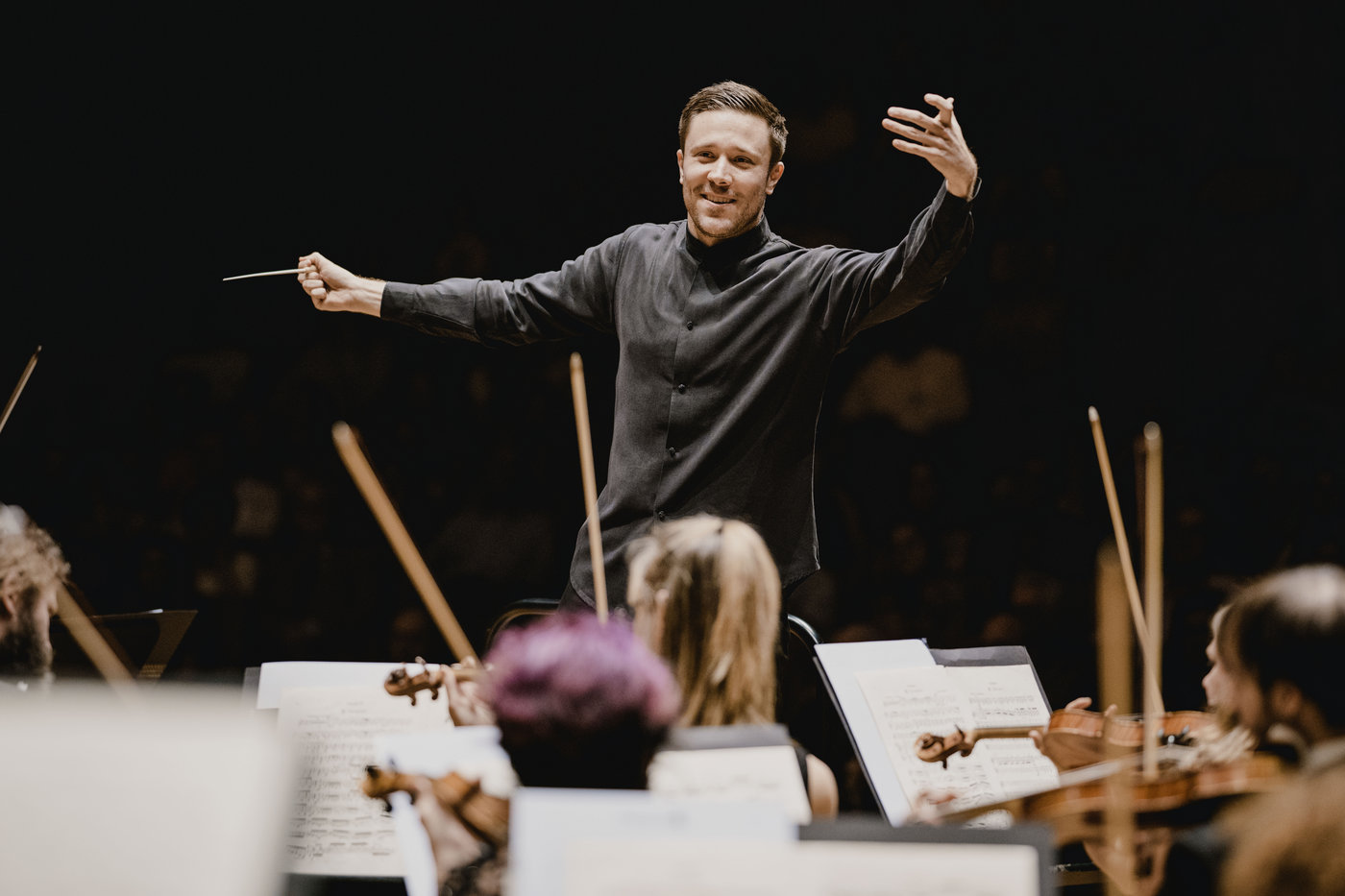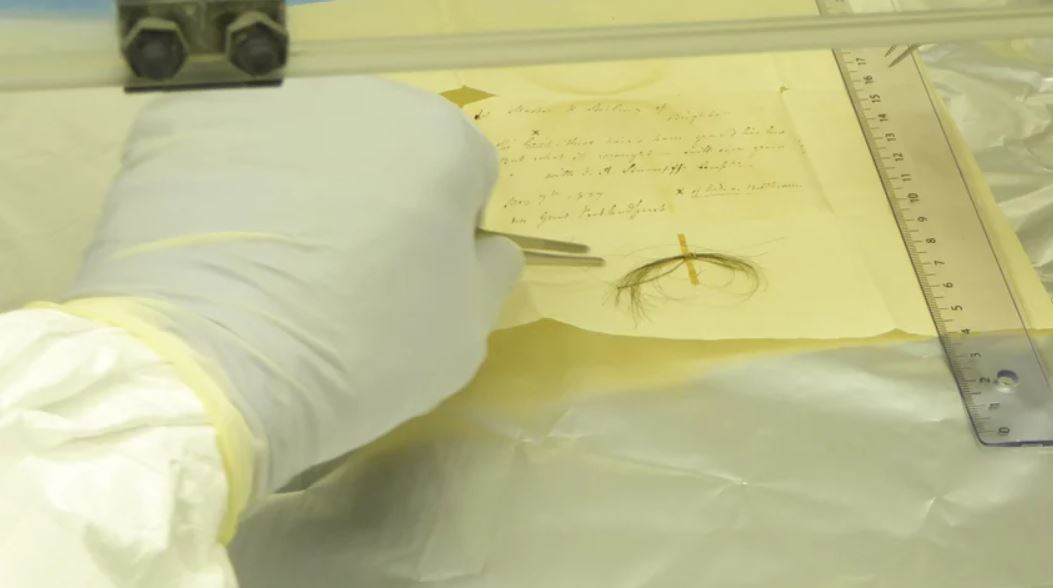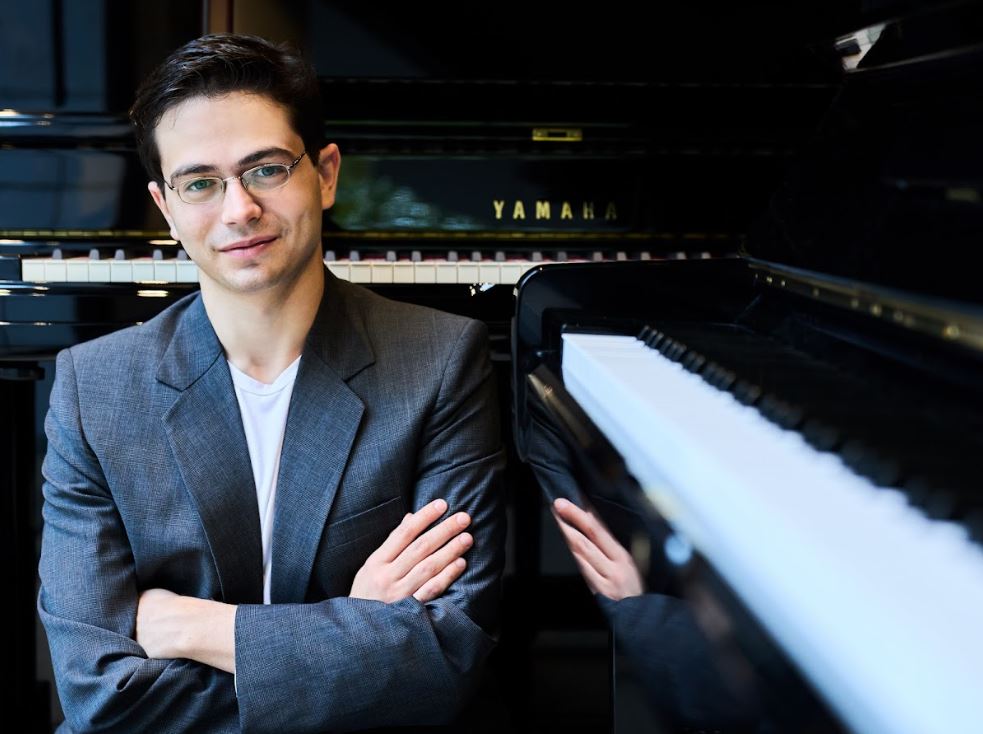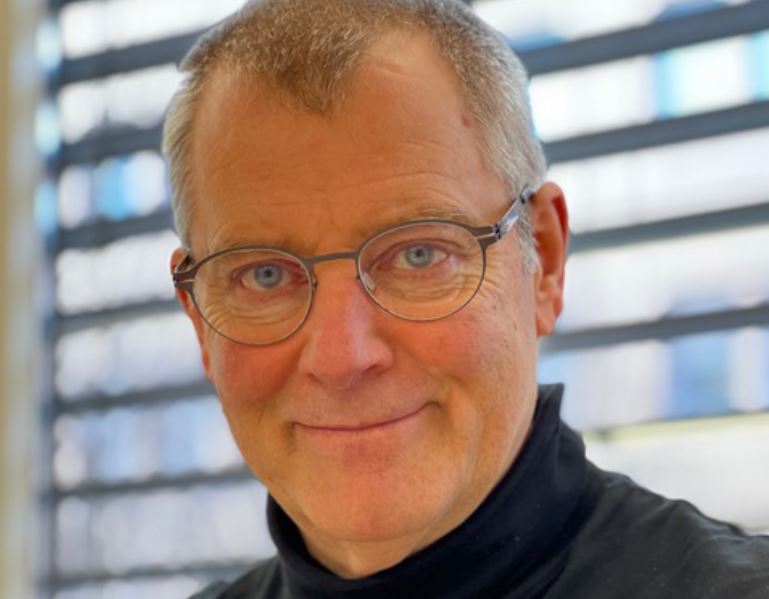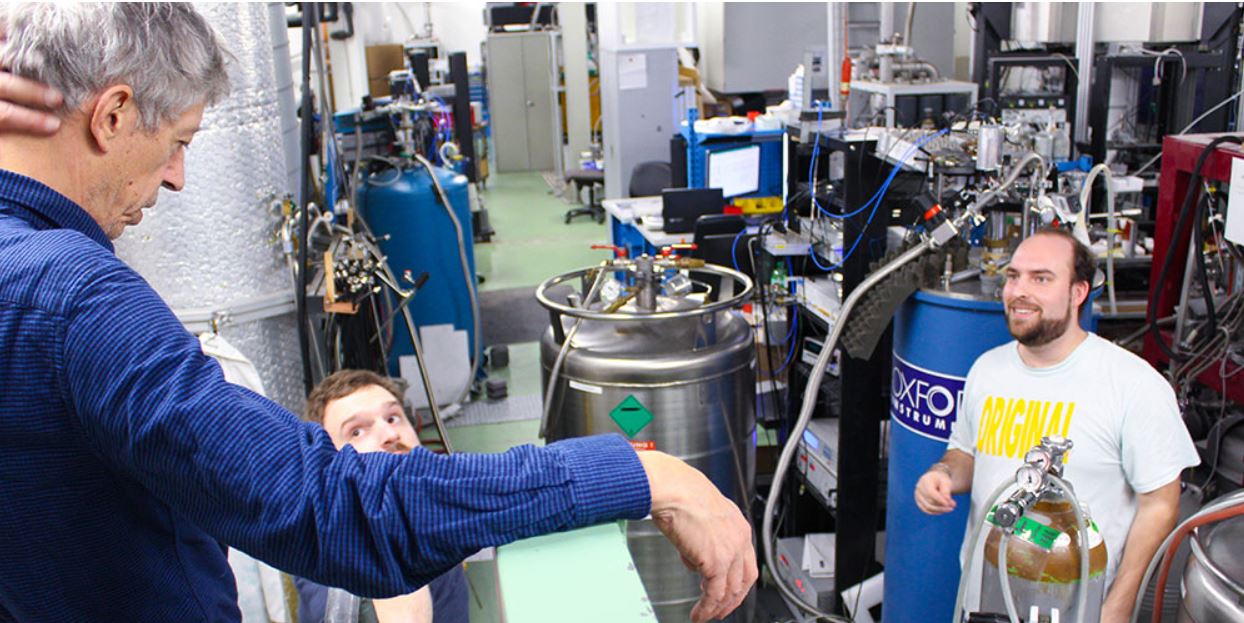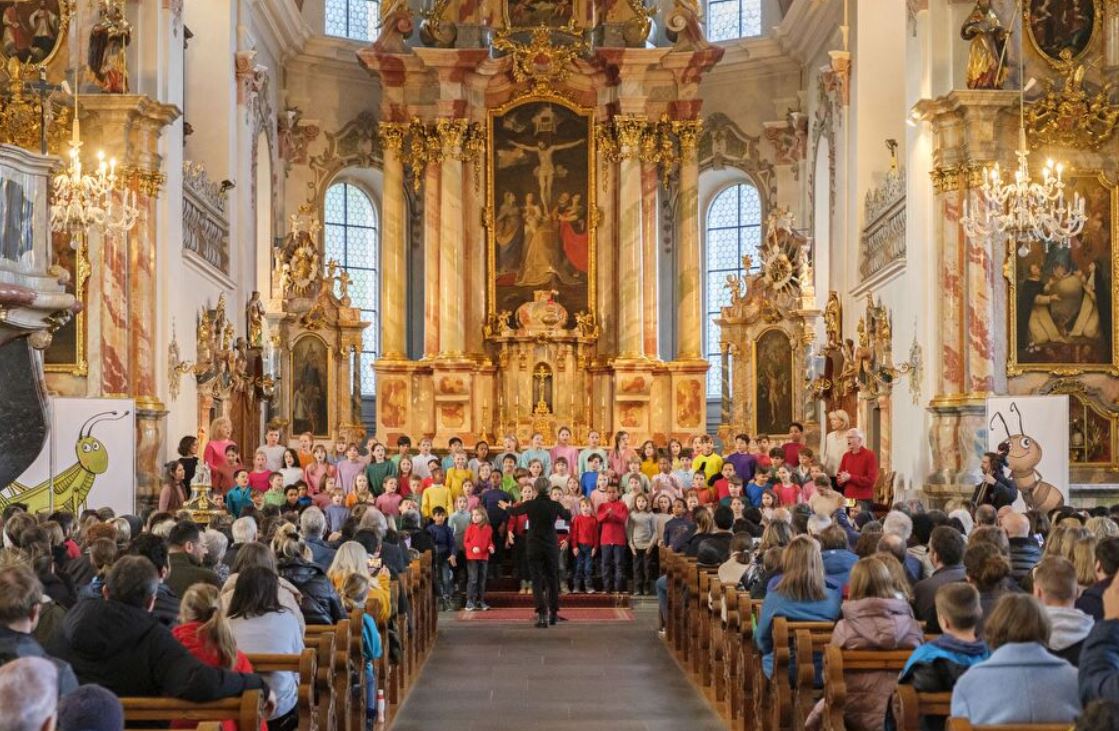City of Basel wants to promote club culture
The Basel City Council is proposing that clubs based in the canton can apply for funding if they offer their audiences a high-quality live program of music, cabaret and spoken word, independent of commercial mechanisms.
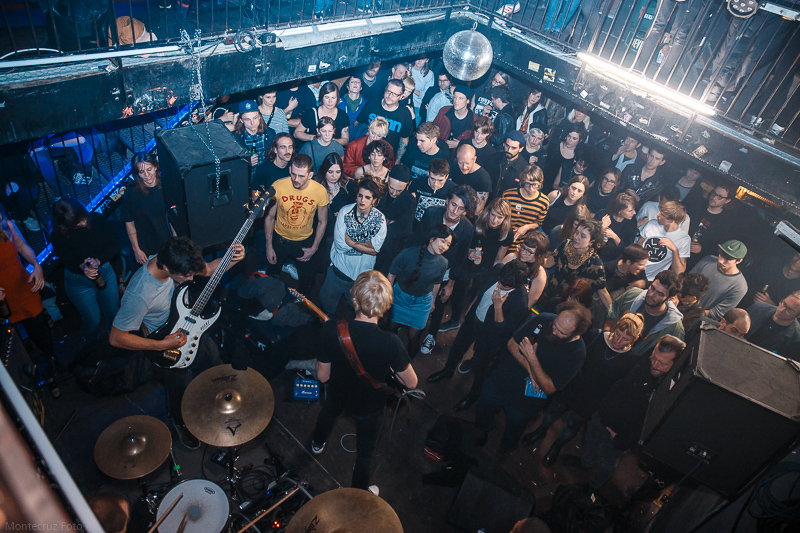
According to its press release, the cantonal government is gradually implementing the "tipping initiative" approved by the people at the end of 2020 to strengthen Basel's youth and alternative culture. Clubs will now be able to apply for support for high-quality live programs. This is subject to fair fees and remuneration.
The planned integral model for club promotion envisages close cooperation between the Basel Music Office, the Culture and Gastronomy Association and the Basel-Stadt Culture Department. The music office will be responsible for promoting high-quality live programs on behalf of the canton. To this end, its supporting association will receive a total state contribution of CHF 2.895 million for the years 2024 to 2026.
Smaller investments in the operational infrastructure are also to be made possible as part of the new club funding. For example, smaller construction measures that help to defuse noise conflicts are to be supported. These applications will be assessed by the Culture Department. In addition, the Government Council has approved a state contribution of CHF 640,000 to the Culture and Gastronomy Association for the years 2023 to 2026 in order to establish a tandem model for mediation between residents, authorities and event organizers. The club promotion package costs a total of CHF 1.0685 million per year. It is therefore subject to a referendum.
On March 28, the government council decided on a further step towards implementing the "tip initiative": it increased funding for the promotion of youth culture and determined that GGG Kulturkick, which is supported by GGG Basel, will be the first point of contact for the promotion of individual projects in youth culture.








